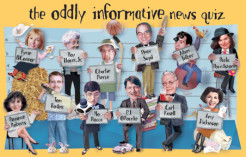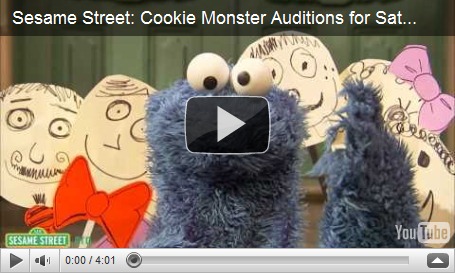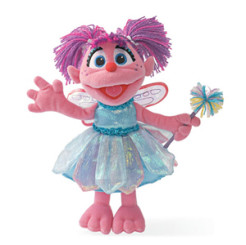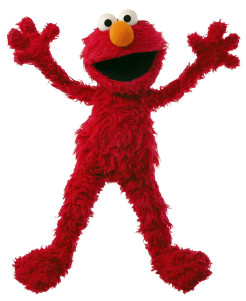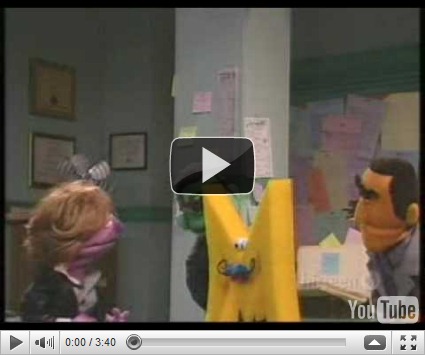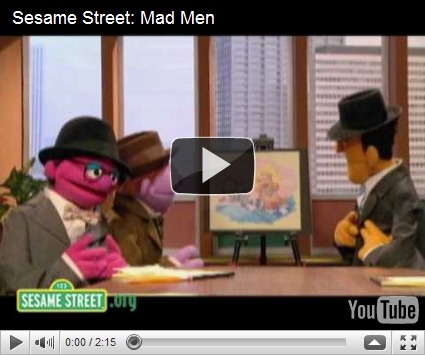My wife and I do not watch very much television.
Last night, for example, I watched the fourth quarter of the Celtics game. Otherwise the television did not go on.
The night before that, the television did not go on.
On Sunday, I watched the Patriots-Vikings game and parts of the Jet-Packers game, but otherwise the television did not go on. And had it not been Halloween, I would have been at the Patriots game rather than watching it on television.
When my wife and I do watch television, we tend to watch one show at a time on DVD, plus a smattering of regularly scheduled programming. For example, we just finished watching the second season of Breaking Bad on DVD, and we currently watch The Office and Community, two half-hour comedies, which air on Thursday nights.
We were watching Project Runway as well, but that show has since ended.
There are no other television shows in our current schedule, though I just began recording AMC’s The Walking Dead in hopes that it’s as good as the critics claim.
As a whole, I’m happy with our limited television viewing. It has given me to the time to write, to read, to play with Clara and to occupy my time with things other than television.
However, I’ve started noticed that I am beginning to fall behind in terms of popular culture, and references that I may have once understood are now impenetrable to me.
Just this weekend, I heard the following things that made little to no sense to me:
Someone on NPR’s Wait Wait Don’t Tell Me made a joke about a show called The Cougar Town. I did not understand the reference.
A friend compared an ex-girlfriend to Snooki. I know this person is on a show called The Jersey Shore because a man called The Situation once co-hosted an ESPN news show and mentioned her during the course of the program. But I don’t know who these people are, why they are relevant, and how this comparison to Snooky delineated the character of my friend’s old girlfriend.
A friend referenced The Rocky Horror Picture Show, causing me to assume that she had attended a live event. As a card-carrying member of The Rocky Horror Picture Show fan club, I became quite excited about the news that she was a fan of the cult hit and the live theatrical events until she told me that her reference had noting to do with the actual movie but a show called Glee.
Twice this weekend someone referenced Lady Gaga’s meat dress. I am still not sure if this is real or these people were being facetious.
On The Office, one of the characters dressed up as Lady Gaga for Halloween. I could not figure out who he was supposed to be until he was speaking to a character about specific Lady Gaga dance moves.
A friend referenced a show called The Event. I thought that he was saying “the event” and had not finished his sentence.
All these from a three-day period.
As these confusions pile up, I start to wonder if I am going to become so culturally detached to the world that stories, jokes, references and innuendos will start to make no sense to me at all.
How much television must an American watch to remain in the mainstream conversation? And am I missing out on something meaningful through my limited television viewing? While there are television shows like Mad Men and Dexter that I would like to watch, my current schedule only allows for one show at a time, and even then, Elysha and I probably average about an hour of television a day.
This doesn’t allow for a lot of catching up.
Just when I was started to feel a little disconnected from the mainstream conversation, good news was laid upon my doorstep.
“An extensive research study has found that unhappy people watch more TV while those consider themselves happy spend more time reading and socializing.
The University of Maryland analyzed 34 years of data collected from more than 45,000 participants and found that watching TV might make you feel good in the short term but is more likely to lead to overall unhappiness.
‘The pattern for daily TV use is particularly dramatic, with 'not happy' people estimating over 30 percent more TV hours per day than 'very happy' people,’ the study says. ‘Television viewing is a pleasurable enough activity with no lasting benefit, and it pushes aside time spent in other activities -- ones that might be less immediately pleasurable, but that would provide long-term benefits in one's condition. In other words, TV does cause people to be less happy.’
The study, published in the December issue of Social Indicators Research, analyzed data from thousands of people who recorded their daily activities in diaries over the course of several decades. Researchers found that activities such as sex, reading and socializing correlated with the highest levels of overall happiness.
Watching TV, on the other hand, was the only activity that had a direct correlation with unhappiness.”
I often tell people that I am the happiest person that I know, and in the past, I’ve actually written on the subject (perhaps I should update my happiness status in a post soon).
Perhaps my limited television viewing is an indicator of my overall happiness.
Maybe I don’t ever need to know if Lady Gaga really wore a meat dress or if dating a girl like Snooky is a good or bad thing,
I’m suddenly feeling a lot better about myself.
I can tell you one thing for certain:
I would not have found news of this University of Maryland study in the Times had I been watching The Jersey Shore or The Event.
